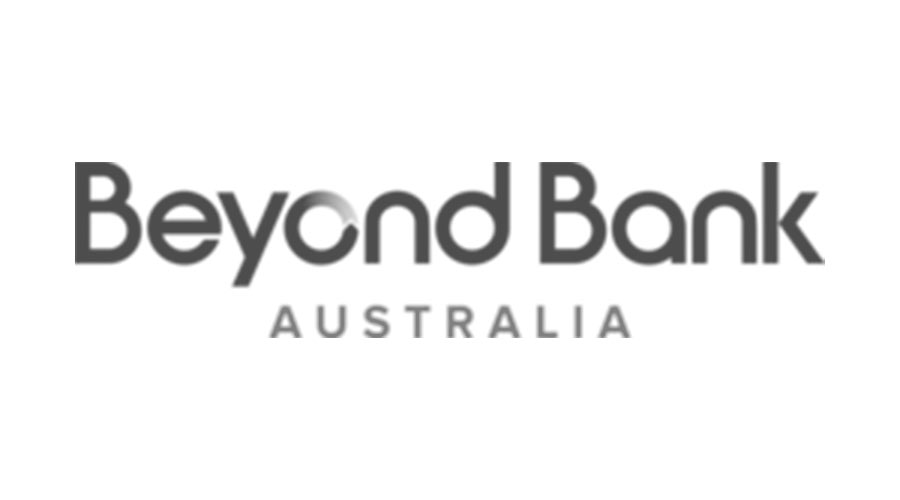Introduction
Beyond Bank Australia (“Beyond Bank”) approached BSR to conduct a materiality assessment to proactively identify, assess, and prioritize the bank’s material environment, social, and governance (ESG) risks, opportunities, and impacts. As a customer-owned bank, Beyond Bank’s senior management was keen to undertake this exercise despite not being under mandatory regulatory pressure to do so. By opting for a double materiality assessment over a traditional perception-based materiality assessment, Beyond Bank demonstrated its long-term commitment to its customers by evaluating the impacts of material ESG issues on its enterprise value as well as its broader commitment to communities by holistically assessing the impacts of its operations and supply chain on society and the environment.
Background
Beyond Bank is one of the largest customer-owned banks in Australia. As a purpose-driven mutual bank, Beyond Bank aims to change the lives of its customers and communities through financial well-being. It also strives to reduce its environmental footprint by using resources efficiently, reducing consumption, and helping its customers and people to do the same.
The Challenge
The quick evolution of disclosure requirements, such as the European Union’s Corporate Sustainability Reporting Disclosure (CSRD)'s double materiality requirement, has accelerated the shift of stakeholder expectations for companies to adopt and disclose impact-based material issues. Despite not being within the jurisdictions in scope of these legislative disclosure requirements, Beyond Bank understood the importance of ensuring it is well-placed and ready to meet potential changes in the regulatory landscape.
Senior management at Beyond Bank recognized early on the benefits of completing a materiality assessment using a double materiality approach, which considers how sustainability topics influence a company's enterprise value (“financial materiality") and how the company's activities affect the environment and society (“impact materiality"). Even without the disclosure and reporting obligations a listed financial institution would be subject to, Beyond Bank was able to secure buy-in from the Board, management, and internal stakeholders involved based on the rationale and benefits that a double materiality assessment would confer to Beyond Bank.
Beyond Bank also sought to develop its internal/in-house capability to be equipped with the tools and know-how to independently conduct a double materiality assessment to ensure it remains agile and well-positioned to refresh the exercise after any significant business changes in future.
BSR’s Response
The entire exercise was a collaborative effort between BSR and the Beyond Bank sustainability team—from level-setting the Beyond Bank team with an ESG 101 training to walking through and partnering to complete the double materiality assessment process. The Beyond Bank team completed the internal stakeholder interviews, while BSR conducted interviews with external stakeholders and representatives from Beyond Bank’s Executive Team and Board.
As part of the assessment process, 35 internal stakeholders and 12 external stakeholders shared their perspectives across a broad range of material issues. Internal stakeholders included leaders and management teams across the country and the organization, ensuring both regional and functional representation. External stakeholders included customers, community group partners, suppliers, industry groups, rightsholders, and NGOs. In addition, a customer survey and internal employee survey gathered input from both key stakeholder groups on their ESG priorities, with over 2,000 customer responses and nearly 200 employee responses.
These conversations and consolidated input helped to inform and refine the definitions of risks and opportunities for each ESG topic within the Australian context, and ultimately the prioritization of material issues based on Beyond Bank’s unique operational model/activities and footprint.
Impact
This collaborative process helped to strengthen internal capability within the Beyond Bank team in relation to knowledge of ESG topics and its potential impacts, risks, and opportunities, as well as a greater sense of buy-in to the process and confidence in the outcome. Insights from meaningful conversations with both internal and external stakeholders also provided Beyond Bank with valuable information on strategic priorities going forward. Building on the outcome of this double materiality assessment, Beyond Bank is referencing the identified priority issues to inform the organization’s sustainability strategy, and it is also considering reporting on specific GRI and SASB indicators for priority material topics.
"We enjoyed partnering with [the] team at BSR Singapore, and the insights we gained with respect to our material ESG topics [were] extremely beneficial to our strategic planning processes. We also feel very well positioned for any future changes that may come to the sustainability reporting landscape in Australia.”
- Brooke Avory, Sustainability Manager, Beyond Bank Australia
Conclusion
Despite not being in scope of the CSRD, it is evident that the European Union is setting the bar and precedent when it comes to ESG reporting and disclosure requirements, and it can be reasonably expected that a wave of regulations is forthcoming across the different jurisdictions. The double materiality assessment will position Beyond Bank well to meet such potential changes in the regulatory landscape.
Companies will benefit from staying ahead of the curve and understanding where their ESG risks and opportunities lie. The outcome of the double materiality assessment provided Beyond Bank with data-driven insights on what ESG topics to prioritize, and it helped to inform its sustainability strategy in the longer term. Moreover, with the Beyond Bank team equipped with the know-how of conducting the double materiality assessment themselves, they are well-placed to refresh the exercise after any significant business changes in future.
Get in Touch
For more information on how BSR works with companies on sustainability management and strategy, please get in touch with BSR's Transformation Team.
Let’s talk about how BSR can help you to transform your business and achieve your sustainability goals.









